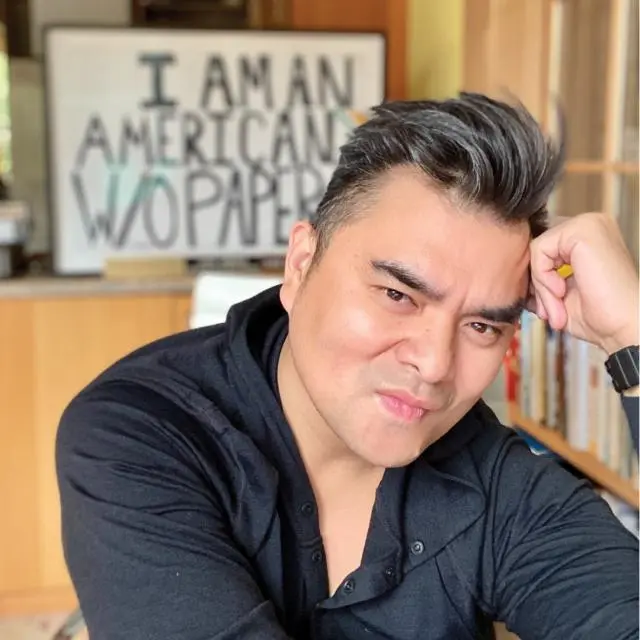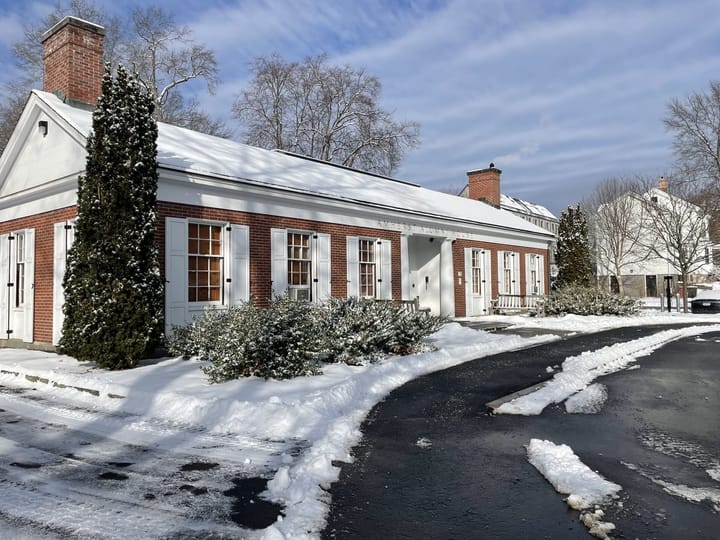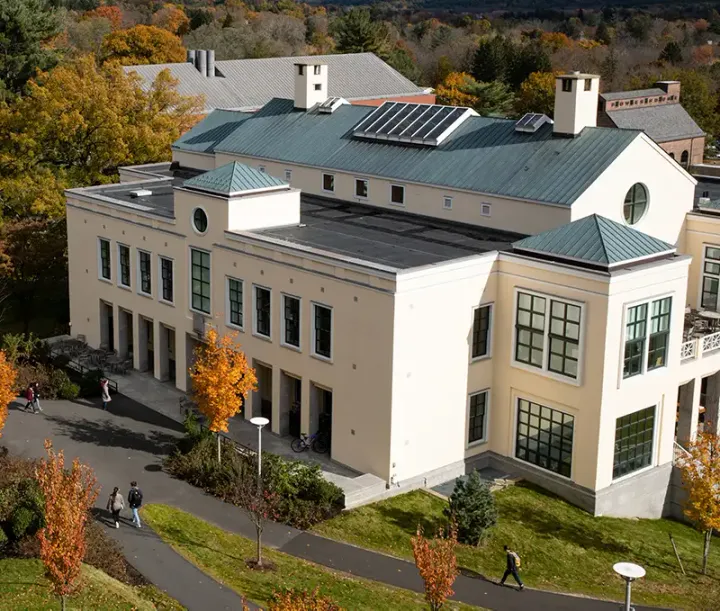Pulitzer Prize-Winning Journalist Jose Antonio Vargas Speaks on How “No Human is ‘Illegal’”
Last Wednesday, Pulitzer Prize-winning journalist Jose Antonio Vargas spoke about immigration in a conversation titled “No Human is ‘Illegal.’” Vargas emphasized the importance of storytelling that humanizes immigrants and spoke about his experience as a publicly undocumented immigrant.

Jose Antonio Vargas, a Pulitzer Prize-winning journalist, Emmy-nominated filmmaker, and immigrant rights activist, joined the college for a discussion last Wednesday, highlighting the importance of nuanced storytelling that humanizes immigrants. The event, titled “No Human is ‘Illegal,’” was a conversation with the chair of Latinx & American studies, Sony Coráñez Bolton.
Vargas opened the conversation by describing his personal relationship with the discourse surrounding immigration, centering on his public journey as an undocumented Filipino immigrant. After being advised against revealing his status by 27 of the 28 immigration lawyers he consulted, the consequences of falsifying citizenship claims became prevalent. He also had heightened fear of negative responses from his family and legal action being taken against them.
Ultimately, revealing his citizenship status was only possible with extensive advice and support from immigration lawyers and family members. While he addressed how different the process of “coming out” is in the current political environment, Vargas also shared how his journey helped him to translate his personal experience into journalism centered on humanizing the immigrant experience.
Vargas began with the establishment of “Define American” in 2011. The nonprofit organization aims to “uplift and humanize immigrant voices and stories,” while providing state-by-state immigrant resources. The organization’s research focuses on the portrayal of immigrants across various media platforms. Vargas shared their solutions to anti-immigrant content, such as guides for content producers to implement digital narrative change.
Similarly, in the realm of entertainment media, Vargas detailed his focus on reshaping the country’s understanding of immigrants through documentaries and theatrical productions. His 2013 documentary film “Documented” chronicled his own journey of coming from the Philippines to America at the age of 12 to advocating for immigration reform. The film explores his coming-out story, family separation, and his journey to redefine what it means to be American.
While working in scripted television, Vargas explained, he faced the task of educating “well-meaning” but socially unaware screenwriters and audiences as he created characters such as Dr. Same Bello on “Grey’s Anatomy” and Mateo Liwanag on “Superstore” who face legal struggles similar to his own.
“Dear America: Notes of an Undocumented Citizen,” his 2018 memoir, also touched on the emotional toll of living in a country that does not “legally recognize” him. It is the story of someone who spent years “lying, passing, and hiding,” and is one that many people have lived through, he said. Humanity, he explained, is the bridge that connects Americans to one another. Thus, sharing this message in the classroom, in conversation, and at all levels of dialogue, he said, is how Americans can refuse to surrender to anti-immigrant sentiments.
In today’s political landscape, Vargas said, community and advocacy are essential. Intellectual honesty is necessary in efforts to bridge divides across the country, he continued. Evoking the elements of American life that unite those living in the country, he also highlighted the importance of sharing culture and understanding history. Finally, he said he believes that fighting the notion that immigrants are not wanted in America is necessary, as the country’s promise of freedom is intrinsic to himself and other immigrants.
Lucas Silva ’28 found the conversation both revealing and timely, appreciating how approachable and relatable the content was. However, Silva felt that “at times, the tone lost some of its seriousness.” He said that, while Vargas is an excellent speaker, “the sporadic nature of his responses made it difficult to follow the progression of his thoughts and the timeline of his story.”
The emotional weight of Vargas’ journey, however, resonated with the audience. Christian Hall ’28 said he appreciated a point Vargas made about the value of time. “When he was thanking the crowd, the college, and the interviewer for their time, he said that time is the most precious thing we have,” Hall said. In the context of activism, Hall spoke on how important it is to give emotional and physical time to causes, because “a few short moments can mean a lot to someone.”





Comments ()